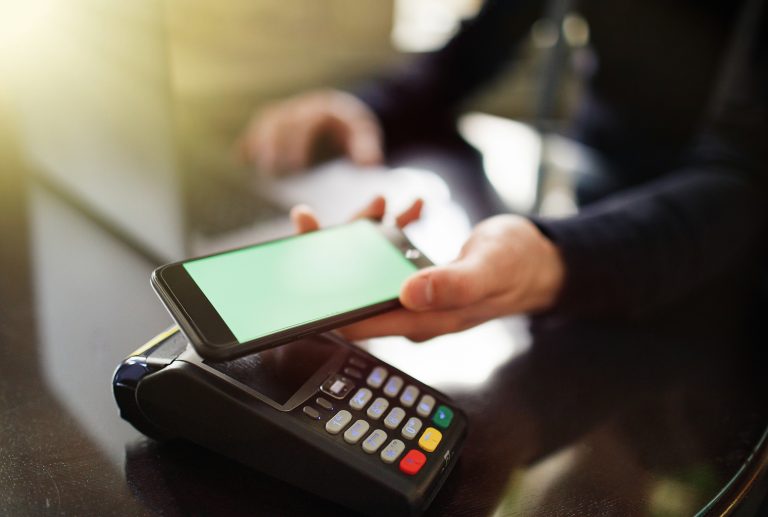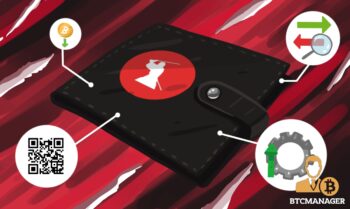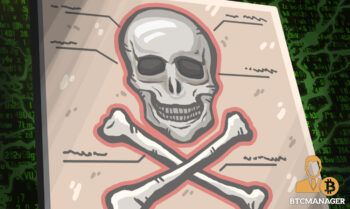2018-11-23 15:40 |
The “hash war” has been popular terminology this week, and though there are many who are taking sides, they are also starting to recognize that the blockchains are not without their challenges. After BSV split due a bug, it seems that BAB – Bitcoin ABC’s version of Bitcoin Cash – released a software update that causes its network to become susceptible of risk from rogue miners.
Accordingly, ABC is threatened by rival blockchains and as a result, it introduced a new line to its code that changes the network’s enforcement of trust regarding transactions and how they are submitted for processing. Before the change, ABC focused on a proof-of-work algorithm for block validation on its network. Moreover, the latest software updated released included “checkpoints” for miners to verify that they are using a valid block. The purpose of the checkpoints is to protect ABC against “deep organization attacks” that involve bad actors that try to cause the network to fake mine versions of the blockchain, which can cause transaction reversals and that can interrupt the network.
The new validation model, on the other hand, allows ABC to use every 10th block that it has mined as a gauge of accuracy. Miners that notice blocks on the network that are incompatible with the checkpoint version of the ABC blockchain will see the block automatically rejected. The protection mechanism, though clever, has also caused some concern.
According to Eric Wall, a cryptocurrency system analyst, attackers who control over 50 percent of processing power can submit sets of blocks on the network. If the hacker performs the same function at the same time as the network, ABC may experience a chainsplit, which means that it is vulnerable to malicious hard forks.
Wall stated,
“Since not all information gets propagated over the network at the same exact time, some nodes will see a 10-block reorganization, which they will reject, and others will see a [nine] block reorganization, which they’ll accept. The network will then have forked into two, and if there’s two exchanges on different forms, it’s trivial for the attacker to sell the same cryptocurrency twice, on both exchanges, and thus be double spending.”
The process, especially using the 10th block, has seen some criticism.
Bob McElrath posted on Twitter,
“ABC officially abandons proof of work. Devs decide the correct chain. Also it’s now easy to forcibly hard fork the network by causing a 10-deep reorg. Next up, Bitcoin ABCD!”
Worse yet, there are estimates that say that $27,000, attackers will try and control ABC, which has nothing but standard retail cryptocurrency mechanisms to protect it. The attackers control the hashrate, which will then allow them to freeze the network by preventing the processing of transactions.
Wall explained,
“A ‘minority hashrate’ miner can choose to mine 10 ABC blocks right now, in a sequence. If that miner is just submitting his own blocks for processing while ignoring the other miners’ blocks, this will become a majority chainsplit that nodes (who have the longest chain) will inevitably ignore.”
Nodes that are not in-sync can reconnect to the network, but then it will receive data from the wrong blockchain and as a result, the real chain will be rejected.
Wall warned,
“The attacker then has full control over what transactions this node accepts, which also can be exploited to execute double-spends attacks.”
Essentially, the point is that just one mildly powerful mining rig can cause ABC’s network to experience serious issues.
origin »Bitcoin price in Telegram @btc_price_every_hour
Bitcoin (BTC) на Currencies.ru
|
|






















